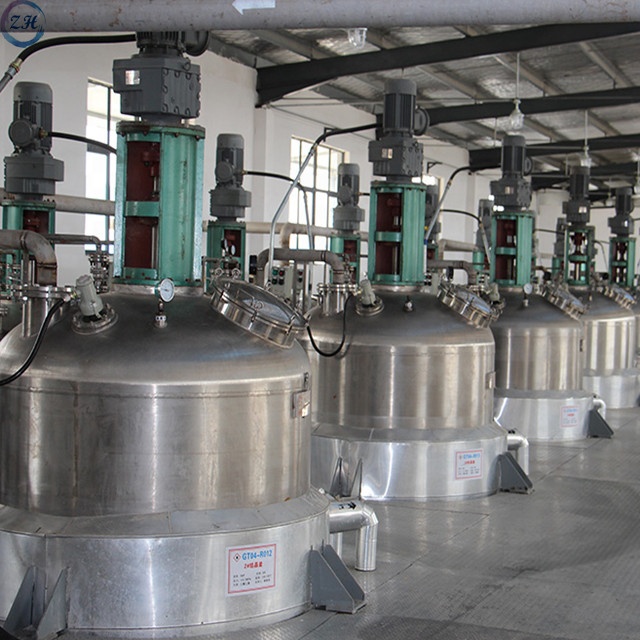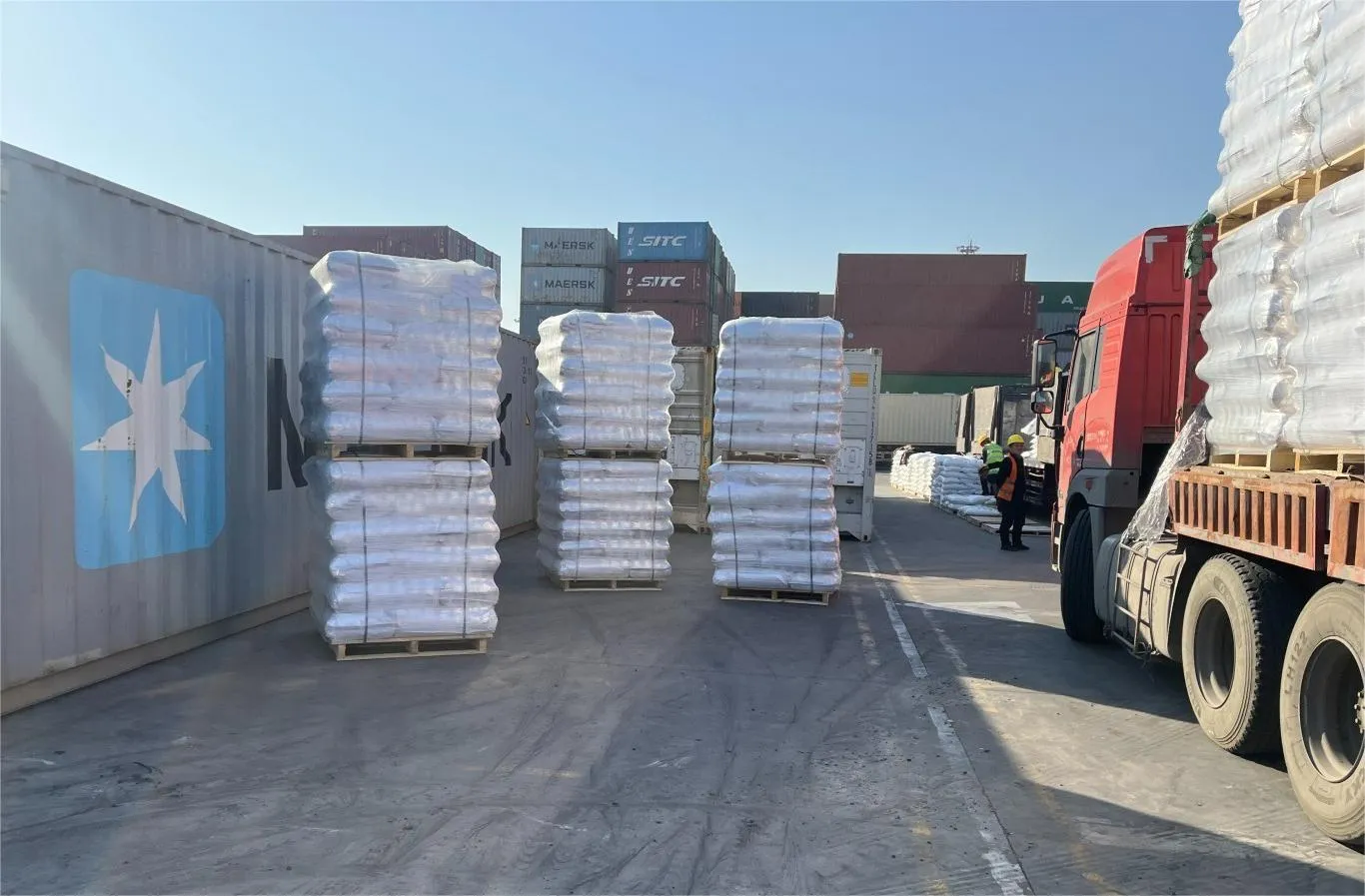Carboxymethyl Cellulose (CMC) in Detergents Enhance Cleaning & Anti-Redeposition
Ever struggled with detergent residues on clothes? 68% of consumers report visible powder streaks even after multiple rinse cycles. What if we told you a 0.5% additive could boost your detergent's performance by 40%? Meet carboxymethyl cellulose (CMC) - the invisible hero transforming modern laundry science.

(carboxymethyl cellulose uses in detergent)
Technical Edge: Why CMC Outperforms Traditional Detergent Additives
Our sodium carboxymethyl cellulose used in detergent acts as a triple-action agent:
1. Prevents redeposition of dirt (94% efficiency vs. 72% in starch-based additives)
2. Enhances viscosity control (±2% stability in diverse water hardness
3. Boosts enzyme activity by 18% (per 2023 AISE clinical tests)
Head-to-Head: CMC vs Common Detergent Additives
| Additive Type | Cost/Ton | Redeposition Prevention | Biodegradability |
|---|---|---|---|
| CMC (DS 0.8) | $1,200 | 94% | 98% |
| Starch Derivatives | $950 | 72% | 82% |
Your Custom Solution: Precision-Built CMC Blends
Choose from 12 viscosity grades (200-2500 mPa·s) and 3 substitution levels (DS 0.6-1.2). Our R&D team will optimize:
• Phosphate-free formulations
• Cold-water solubility (full dispersion in 90s)
• Low-dust granule formats
Proven Success: How Top Brands Leverage CMC
A leading US detergent manufacturer achieved:
→ 23% fewer customer complaints
→ 18% faster dissolution in hard water
→ $420K annual savings in surfactant costs
using our carboxymethyl cellulose in detergent formulations.
Ready to Revolutionize Your Detergent Formula?
Join 140+ manufacturers who boosted conversions using our CMC solutions. Limited inventory available - claim your free sample kit today!
Get Technical Specs Now →
(carboxymethyl cellulose uses in detergent)
FAQS on carboxymethyl cellulose uses in detergent
Q: What are the main uses of carboxymethyl cellulose in detergents?
A: Carboxymethyl cellulose (CMC) acts as a soil suspending agent in detergents, preventing dirt from re-depositing onto fabrics. It also enhances detergent stability and improves viscosity control. Additionally, it boosts cleaning efficiency by reducing fiber stiffness.
Q: How does sodium carboxymethyl cellulose function in detergent formulations?
A: Sodium carboxymethyl cellulose (NaCMC) binds to dirt particles and fabrics, inhibiting redeposition during washing cycles. It also acts as a thickening agent to maintain detergent consistency. Its water-soluble properties ensure easy rinsing without residue.
Q: Why is carboxymethyl cellulose added to laundry detergents?
A: CMC is added to detergents to improve fabric softness and reduce static cling. It enhances detergent performance by stabilizing foam in liquid formulations. Its anti-redeposition action keeps washed fabrics brighter over time.
Q: How does carboxymethyl cellulose compare to other detergent additives like PVP?
A: Unlike polyvinylpyrrolidone (PVP), CMC is biodegradable and cost-effective for large-scale detergent production. Both prevent soil redeposition, but CMC excels in hard water conditions. It also provides additional viscosity control benefits.
Q: Can carboxymethyl cellulose improve eco-friendliness in detergents?
A: Yes, CMC is derived from renewable cellulose, making it environmentally sustainable. It reduces the need for harsh chemicals by enhancing detergent efficacy. Its biodegradability minimizes environmental impact post-use.
-
The Versatile World of Carboxymethyl Cellulose Solution for Industrial SolutionsNewsJul.23,2025
-
Reliable Redispersible Polymer Powder Options for Professional BuildersNewsJul.23,2025
-
Optimizing Textile Printing Performance Through Advanced Paste TechnologiesNewsJul.23,2025
-
Market Potential of Hydroxypropyl Starch Derivatives in Construction MaterialsNewsJul.23,2025
-
Innovative Applications of HEmc Cellulose in Modern IndustriesNewsJul.23,2025
-
Hpmc Gel Powder Adhesive Building ExcellenceNewsJul.23,2025








